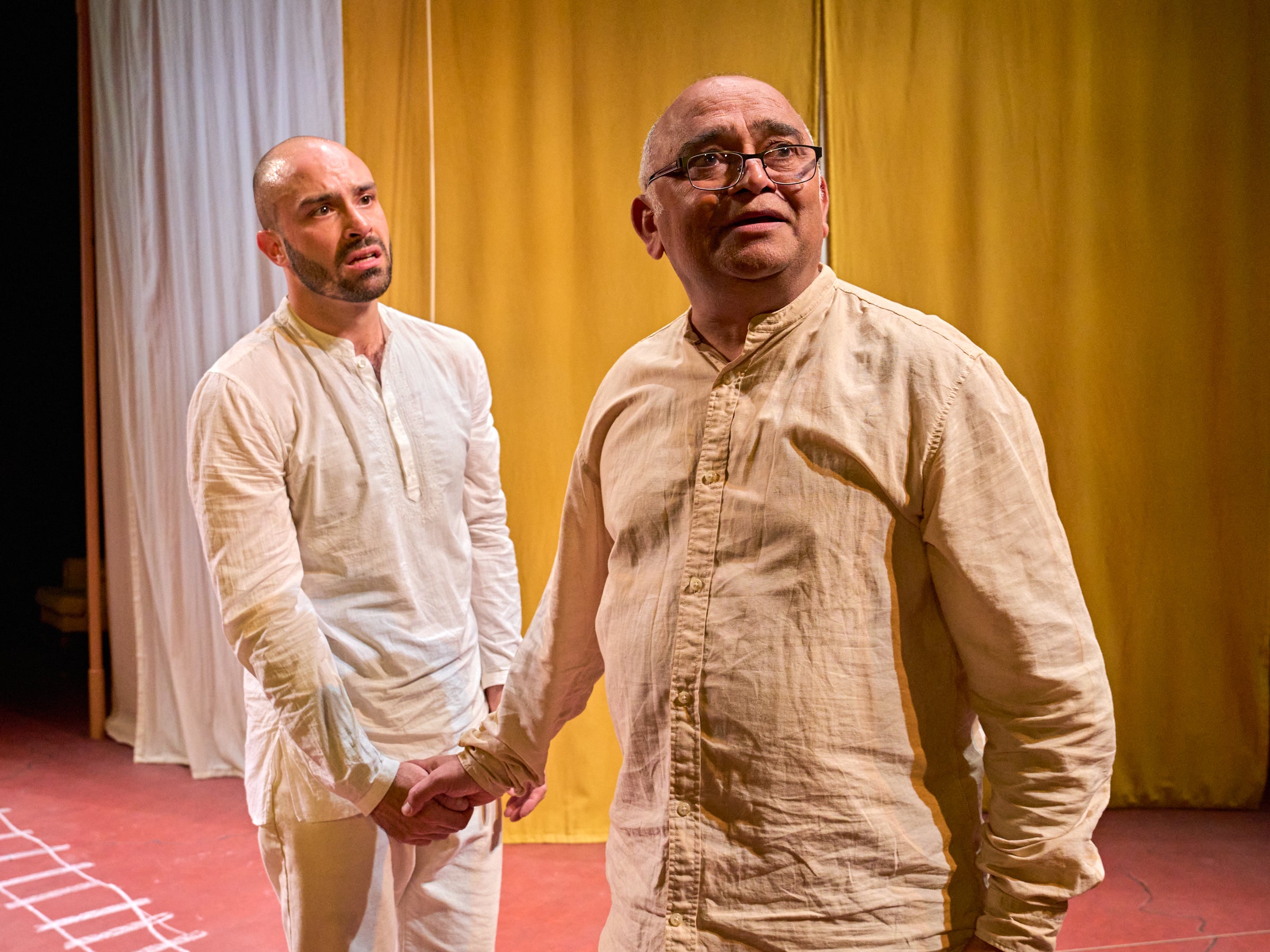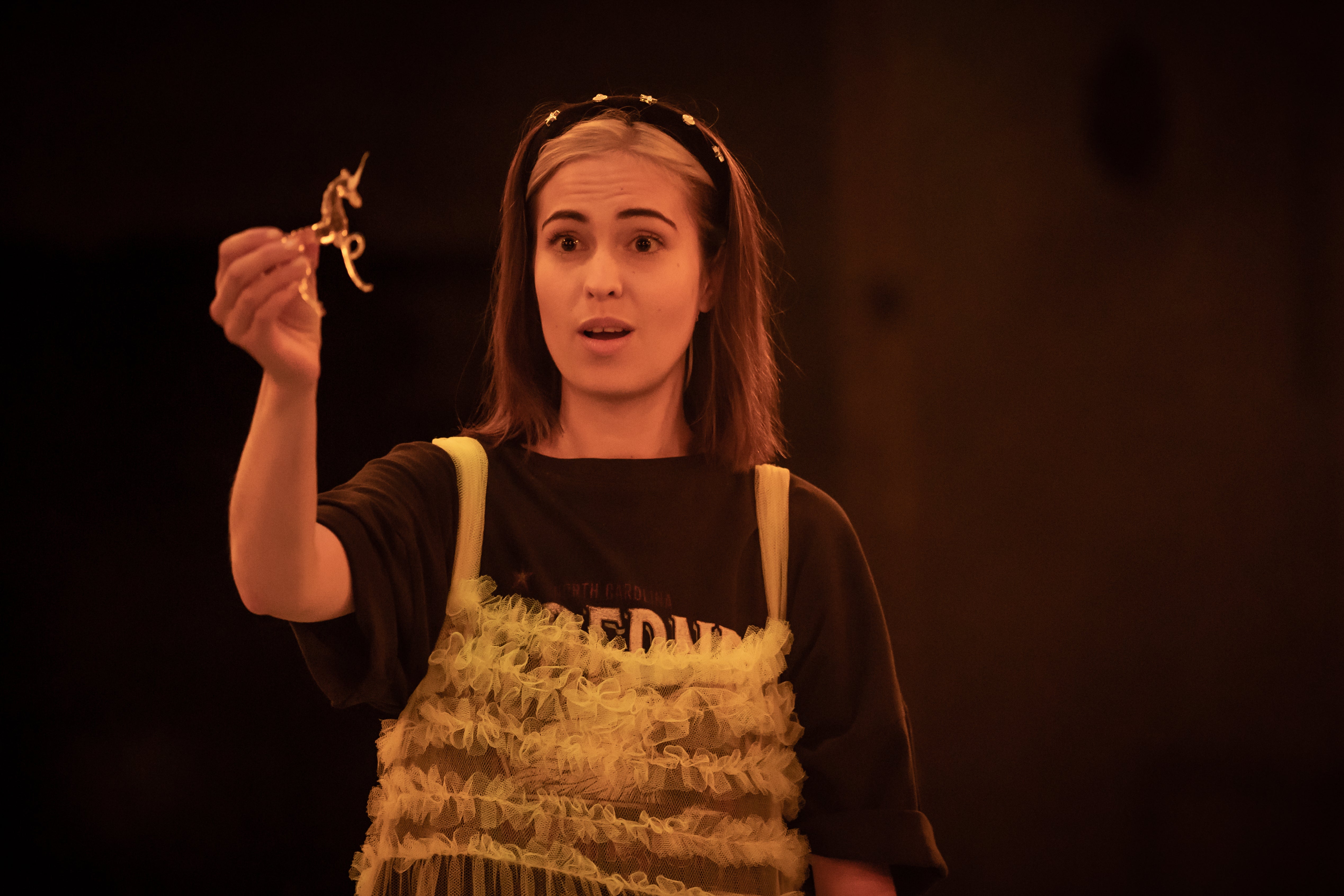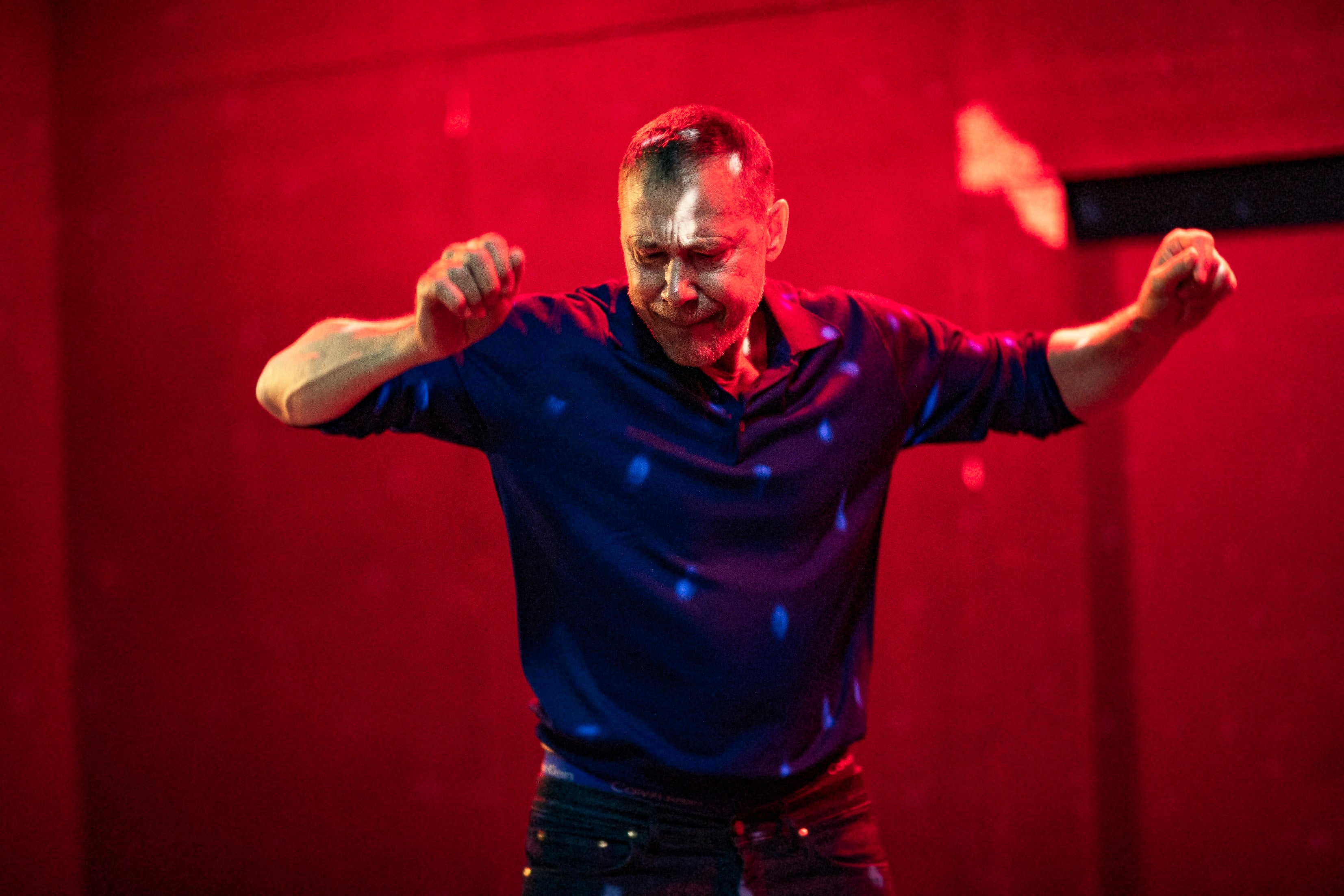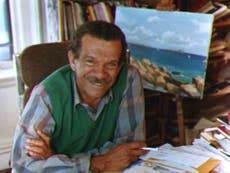The Week on Stage: From Silence to The Glass Menagerie
A guide to the week’s theatre


The stage at Manchester’s Royal Exchange was lit up by neon this week, while punchmarks on the wall surrounded the Young Vic’s new show. Here’s our guide to this week’s biggest openings in the world of theatre. Next week we’ll be reviewing new plays at Hampstead and the Almeida, as well as the return of Moira Buffini’s Handbagged, which imagines the late Queen’s meetings with Margaret Thatcher.
Silence – Donmar Warehouse ★★★☆☆
The horrors of the partition of British India are laid bare in Silence, a play which employs the powerful testimony of those who lived through it in 1947.
At the start of Abdul Shayek’s moving production, we find the young journalist Mina pitching “her dream commission” to her editors, who appear more interested in their lunch than in the stories she hopes to share about Partition survivors.

Mina hears from Muslims, Sikhs and Hindus – all of whom have long called Britain home. They painfully describe the massacres they witnessed and praise the acts of bravery they encountered decades earlier. However, her own father, whose recollections she most wants to hear, initially refuses to open up.
When he eventually does, Silence reaches its crescendo. Assured acting and poignant images projected onto cloth screens combine to moving effect, but the script could occasionally do more to bring to life the drama of the present-day journalistic enquiry. Rory Sullivan
The Glass Menagerie – Royal Exchange ★★★★☆
At last, Atri Banerjee’s production of Tennessee Williams’s play sees the light of day: it was due to be staged in spring 2020. While the cast and team have re-assembled, Banerjee and designer Rosanna Vize completely reworked their plans, to take into account what we’ve all been through since then.
It’s true that this portrait of an isolated, claustrophobic family – stuck in a small St Louis flat but each really living within their own dream world – now has a freshly poignant tug on the old heartstrings. But the biggest change to this production appears to be the highly literal reminder of how the promise of a brighter life remains just out of reach for these characters: spinning above the action is a huge neon sign reading “PARADISE”. As well as an unignorable reminder of unfulfilled hope, it is also a concrete reference to the Paradise Dance Hall across the street – its music and illumination offering distraction for lives “without any change or adventure”. Lighting designer Lee Curran uses the sign, too, to re-enforce emotional states; it glows or dims, spinning faster or slower, in agitation, boredom or honeyed memory.

There’s a pathos to the casting of Amanda: Geraldine Somerville made her debut on this stage as Laura in 1989; now she returns as the matriarch. The weight of Amanda’s own tragedy doesn’t always land, but Somerville delivers her cloying, delusional performance of Southern manners, all fluttering and fluting, and brings out the wince-inducing comedy of the text. As does the brilliant Joshua James, who makes Tom withering and acerbic, newly minting many lines as laugh-out-loud funny. Add Eloka Ivo’s sexy heat and careless flirtiness as Jim, the longed-for gentleman caller, and it all adds up to a crackling production – casting a new, neon light on Williams’s play. Holly Williams
Who Killed My Father – Young Vic ★★★☆☆
Even before Dutch actor Hans Kesting walks on stage, it’s clear that this one-person show won’t make for easy viewing. The set is oppressively sparse, containing only a television, a bed and punch marks on a black wall.
Adapted from a book by Edouard Louis, Who Killed My Father is a son’s look at the poverty, alcoholism and violence that plague his family in France. And at the homophobia and belittlement he is routinely subjected to. The play reimagines Louis’s unflinching autobiographical novel, which became a bestseller in his native country.

In an interval-less 90 minutes, Kesting juggles the psychological pain of his character’s childhood with the rage he later develops at the injustice of French society. His acting is physically strong and highly emotive, but the vocal shifts he uses to mimic different family members can sometimes be confusing because they are not very pronounced.
Ivo van Hove’s direction can seem a little overblown in its use of background soundtracks and thick cigarette smoke. With Kesting’s talents, words alone would often suffice to show the claustrophobic frustration of the protagonist’s early life. RS






Join our commenting forum
Join thought-provoking conversations, follow other Independent readers and see their replies
Comments